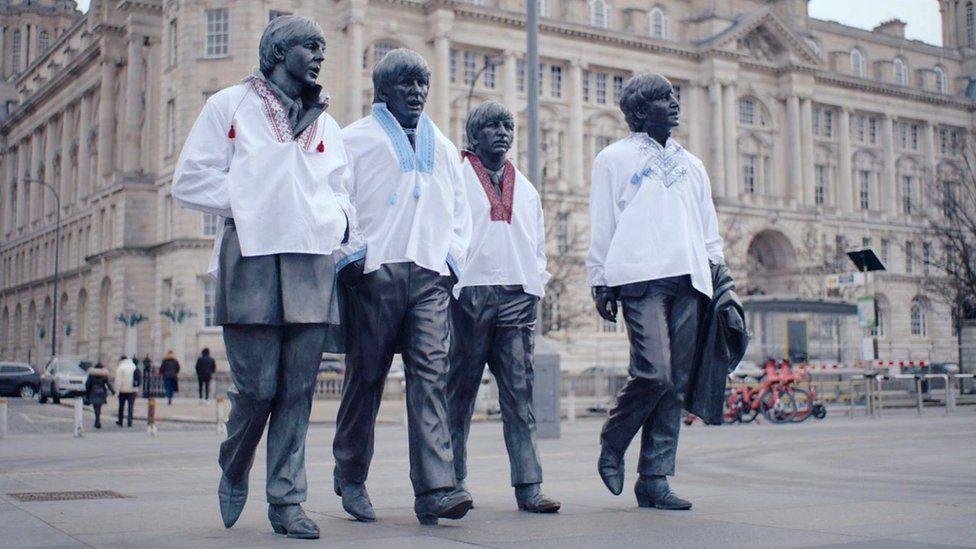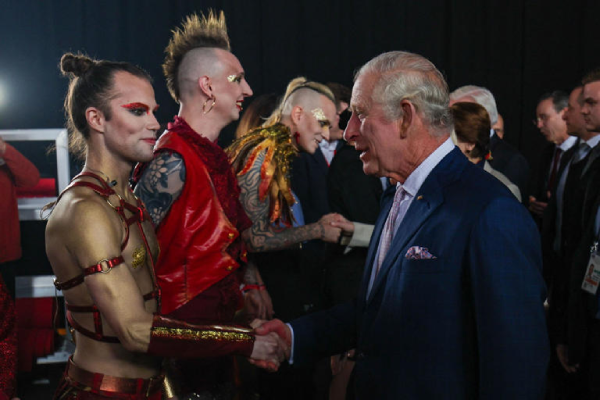
Israeli President Isaac Herzog emphasized the significance of Israel’s participation in this year’s Eurovision Song Contest amidst ongoing controversy surrounding the country’s entry. Herzog stated, “I think it’s important for Israel to appear in Eurovision, and this is also a statement because there are haters who try to drive us off every stage.” He further emphasized the importance of strategic decision-making, stating, “Being smart is not just being right.”
Israel’s Culture Minister Miki Zohar condemned the potential censorship of the country’s entry, labeling it as “scandalous.” Zohar urged the European Broadcasting Union (EBU) to uphold the non-political nature of the event, stating, “We all hope that Eurovision will remain a musical and cultural event and not a political arena.”
Israel’s selected entry for this year’s contest is 20-year-old Eden Golan with the song ‘October Rain’. The lyrics of the song, including references to victims of Hamas’ October 7 attacks, have sparked scrutiny. The European Broadcasting Union (EBU) confirmed that they are reviewing the lyrics in confidence and will make a final decision accordingly. However, Israeli broadcaster KAN has declared its refusal to alter the lyrics in response to any requests.
The controversy has attracted attention from various public figures. Over 1,000 Swedish artists, including Robyn, Fever Ray, and First Aid Kit, signed an open letter urging the EBU to withdraw Israel from the competition, citing concerns about violations of humanitarian law. Conversely, notable figures such as Sharon Osbourne, Gene Simmons, and Boy George signed a letter advocating for Israel’s participation, citing Israel’s response to attacks from Hamas.
The EBU, while asserting its commitment to being an apolitical organization, has previously taken action regarding political controversies in the contest, including banning Russia in 2022 and Belarus in the preceding year. Additionally, in 2009, Georgia withdrew from the contest following the rejection of its entry due to political references.


